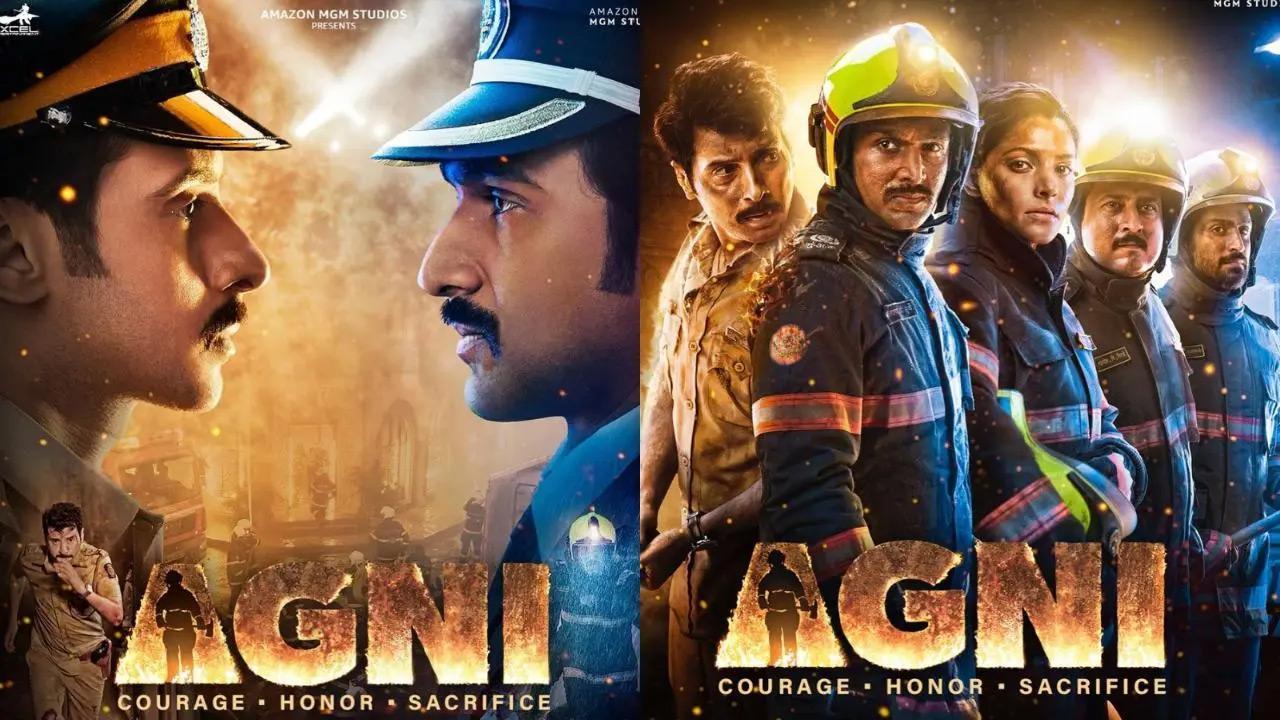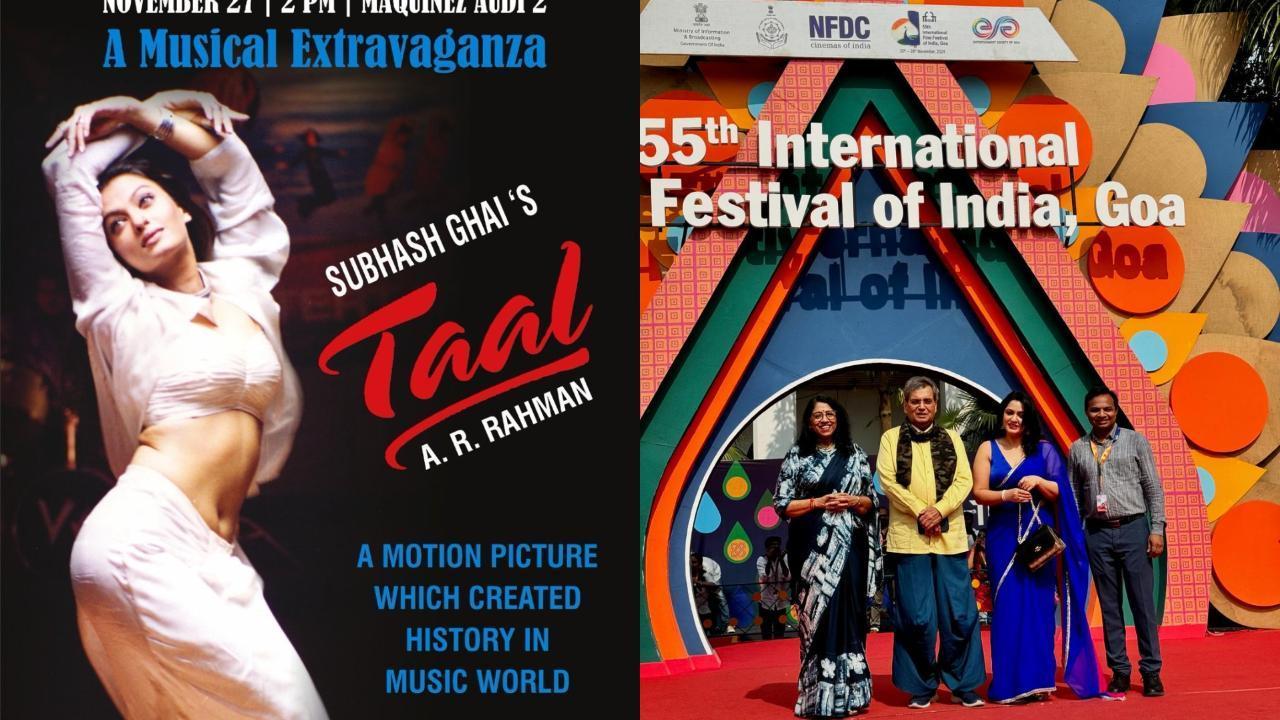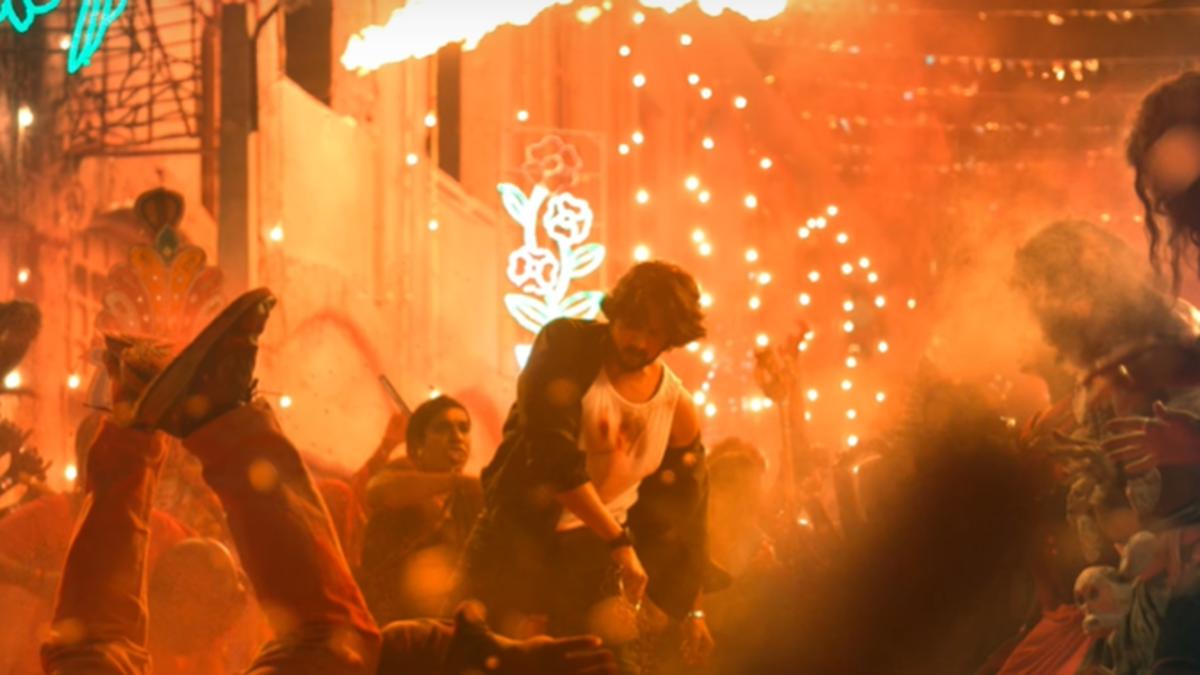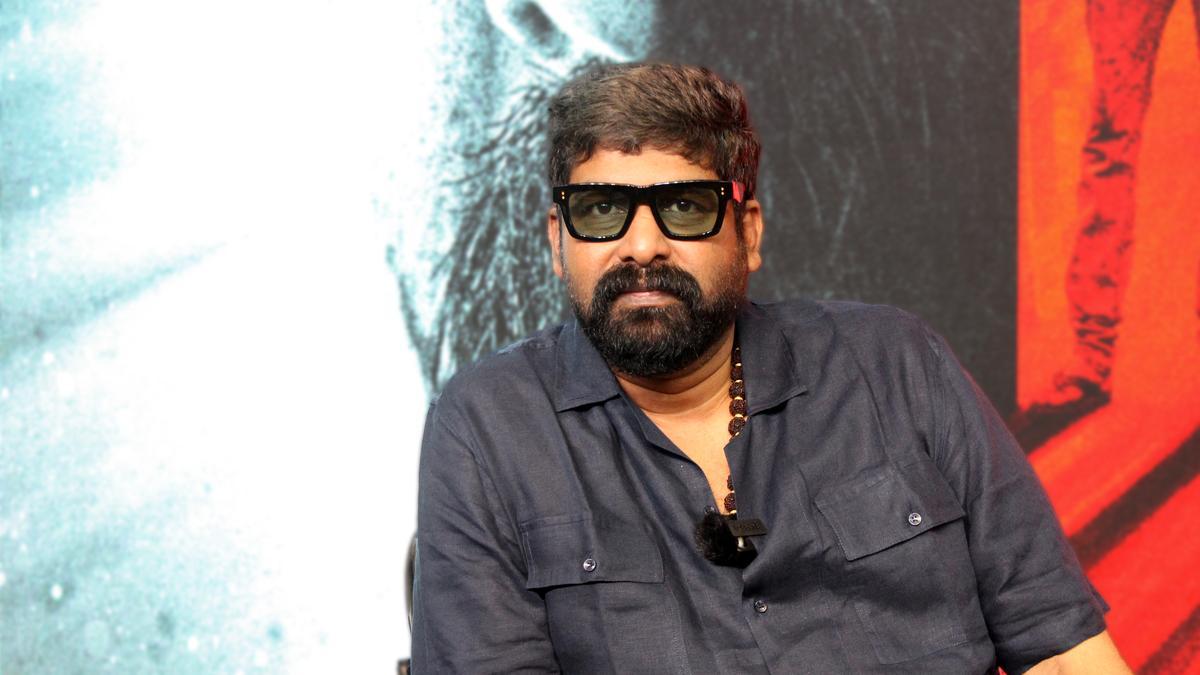
The highly anticipated film “Emergency,” directed by and starring Kangana Ranaut, is facing yet another delay in its release. On Thursday, the Central Board of Film Certification (CBFC) informed the Bombay High Court that the film’s certification was contingent upon the implementation of suggested cuts from its revising committee.
Initially scheduled for release on September 6, “Emergency” has been mired in a complex legal battle with the CBFC over the non-issuance of the necessary certificate for the film’s release. The studio backing the film, Zee Entertainment Enterprises, along with director and co-producer Kangana Ranaut, is contesting the CBFC’s conditions in court.
On Thursday, as the Bombay High Court bench inquired if there was any “good news” regarding the film’s certification, CBFC’s counsel, Abhinav Chandrachud, revealed that the revising committee had made its decision. “The committee has suggested some cuts before a certificate can be issued, allowing the movie to be released,” Chandrachud communicated to the court.
In response, senior counsel Sharan Jagtiani, representing Zee Entertainment, requested additional time to decide whether to comply with the proposed cuts. Consequently, the court set the next hearing for September 30. Zee Entertainment has maintained that the CBFC had already prepared the certificate but was withholding its issuance.
Kangana Ranaut, who not only directed and co-produced the film but also stars in the lead role portraying former Indian Prime Minister Indira Gandhi, has accused the CBFC of intentionally delaying the certification to obstruct the release. The controversy surrounding “Emergency” intensified after objections from various Sikh organizations, including the Shiromani Akali Dal, who criticized the film for allegedly misrepresenting the Sikh community and distorting historical facts.
In a prior ruling, a division bench comprising Justices B P Colabawalla and Firdosh Pooniwalla severely criticized the CBFC for its indecisiveness regarding the issuance of a certificate for the movie. The High Court emphasized that the censor board could not afford to be indecisive as such behavior would effectively curb freedom of speech and expression. Consequently, the court ordered the CBFC to make a definitive decision by September 25.
The legal contention reached the courtroom when Zee Entertainment Enterprises filed a plea seeking judicial direction to compel the CBFC to issue the requisite certificate for “Emergency.
.” Supported by Kangana Ranaut, the biographical drama delves into a tumultuous period in Indian history during the Emergency era declared by Indira Gandhi.
Last week, Zee Entertainment alleged that the CBFC was withholding the certificate due to political motivations, suggesting an influence stemming from the impending elections in Haryana. The bench questioned why the ruling party would act against Ranaut, who is a Member of Parliament representing the BJP.
The court’s observations coincided with widespread industry speculation, hinting at a deeper political context influencing the board’s delays. Some analysts argue that the interventions may have been aligned with broader electoral strategies, aiming to minimize unfavorable portrayals of historical political leaders.
As the legal proceedings continue, industry watchers are keenly observing the outcome, especially given the broader implications it may have on the creative freedoms within India’s filmmaking community. The ongoing dispute underscores the tensions between creative expression and regulatory oversight, further complicated by political undercurrents.
In her defense, Kangana Ranaut has echoed sentiments of frustration prevalent among filmmakers who face similar hurdles. She argued that the delays not only harm the financial prospects of the film but also undermine artistic integrity. Ranaut’s involvement in directing, producing, and acting in “Emergency” has been widely publicized, adding to the film’s visibility and the stakes involved in its release.
The latest adjournment to September 30 prolongs the uncertainty but perhaps affords the filmmakers time to make strategic decisions. Adapting to CBFC’s recommendations could expedite the certification, finally paving the way for the audience to view the much-awaited film. However, the decision will also involve scrutinizing the impact of such cuts on the film’s narrative texture and overall messaging.
With strong advocacy from Ranaut and Zee Entertainment, the film industry awaits with anticipation whether “Emergency” will break through the impasse, potentially setting a precedent for future film certifications. The words exchanged in the courtrooms aptly reflect the broader debate on the balance between regulation and artistic freedom, a debate that continues to resonate within India’s vibrant cinematic landscape.
(with inputs from PTI)










